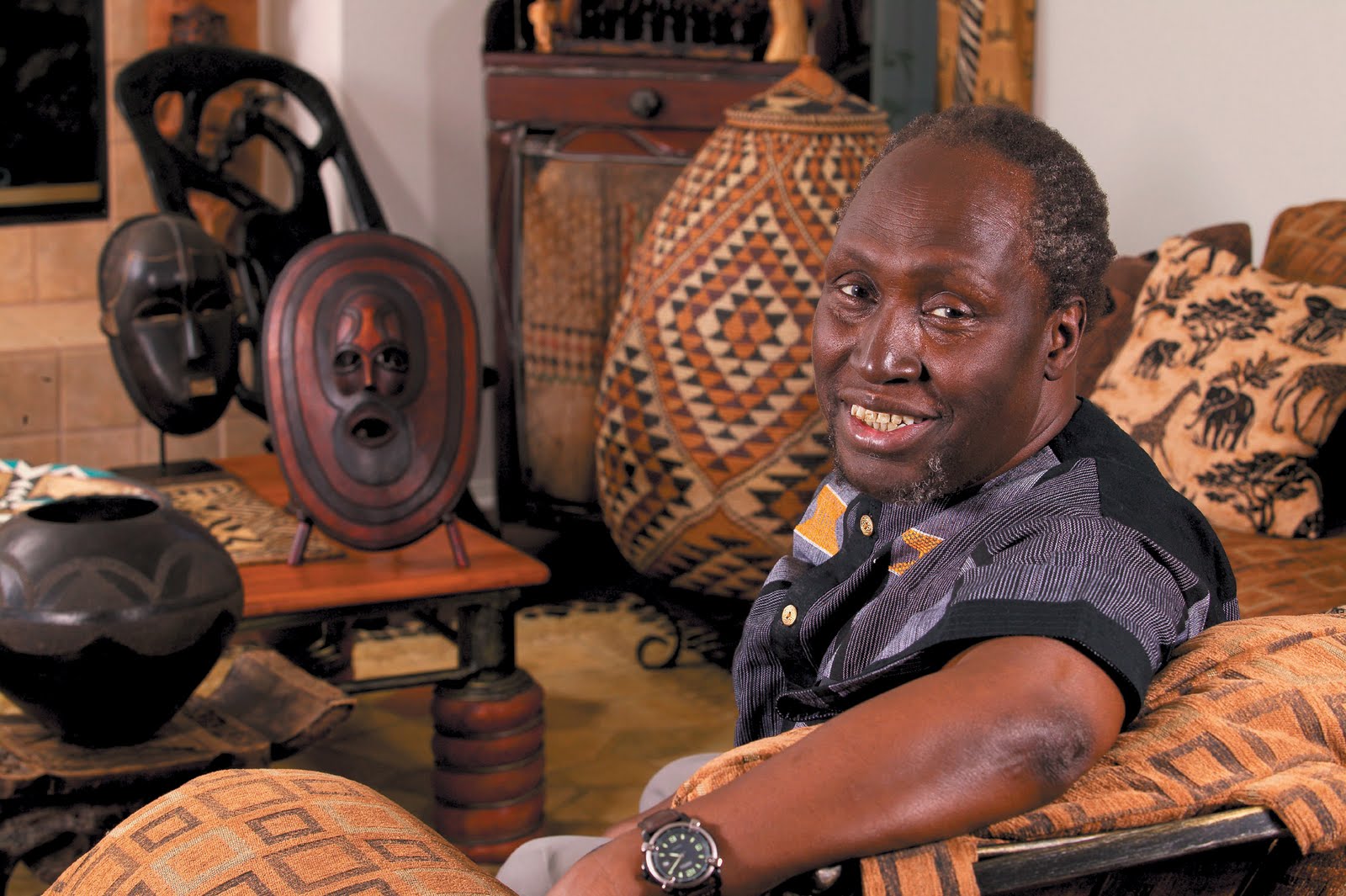The great African writer and intellectual, Ngũgĩ wa Thiong’o, has left us here on earth. He passed away this week after a long illness as described by his family. I did not know or interact with him personally.
I only met him via his amazing novels and Pan-African essays as I encountered them in the Waterfalls and more significantly Dzivaresekwa district libraries in Harare, Zimbabwe. Moreso when I was at university and had a lot more intellectual curiosity.
And it was initially encountering his literary works that had me in complete awe of him.
Encounters that started with the play that he co-wrote with Ngũgĩ wa Miri, whom I met personally via my maternal uncle, Mr. Maphosa, when I was a wannabe intern with what was then referred to as the Zimbabwe Dance Association. That play was called I Will Marry When I Want. I watched it being dramatised in Pan-Africanist fashion and was slightly lost at its double meaning.
The second time I encountered Ngugi and his intellectual prowess was when my brother Fidelis was studying African literature and brought back home a set-book titled, A Grain of Wheat by the same author.
Our black-and-white television was not working at that time and we had no option but to read whatever was at our disposal. The A Grain of Wheat novel was complex for me as a teenager at that time but I sort of got its anti-colonial and historical gist.
From inferences about the “iron snake” which turned out to be the train and railway track, through to the romantic contests of village lovers at a time of seismic colonial and cultural change in a Kenyan village setting.
From then on Ngũgĩ became a key feature of my library and literary life. I read almost anything and everything by Ngũgĩ .
From The River Between,Weep Not Child, Devil on the Cross and the seminal Decolonising the Mind collection of essays on language and Africaninity, among many other works I will not list because both in the past and present there are to many to write for the purpose of a blog.
But there are many symbolic matters that Ngugi taught us as Africans. Not just by way of his amazing writings but also by way of his Pan Africanist activism. And I am writing this from an intellectually distressed moment. Ngugi, in my view taught us to tell the radical pre and post independence resistance story.
We read the likes of The Trial of Dedan Kimathi but also quickly encountered Devil on the Cross with its mixture of post-colonial socialist resistance and religious dictum of the “Voice of the People” being “The Voice of God”.
We initially thought it was just literature in English from Africa until Ngũgĩ dramatically declared he was now going to only write novels in his native language Gikuyu.
A language in which he authored among others, Matigari and the seminal Wizard of the Crow novels as critiques of past and contemporary African governments.
He also authored memoirs of his time in Moi’s prisons and gained international acclaim for his intellectual bravery in the face of repression against literary free expression and consciousness. This made him a global icon. And he has remained so, even in his passing.
They never gave him the Nobel Peace Prize for Literature though we knew as Africans he more than deserved it. Much more than Barack Obama deserved the Nobel Peace Prize.
But we also knew that even if they did not give it to him, Ngũgĩ was so ingrained in our African being and progressive intellectual consciousness that it do not matter whether the proverbial white gaze recognised him at its highest levels or not.
The key was what he was teaching us through his writing. This included what was to become a speicif academic field on ‘decolonisation’ both intellectually and culturally.
Based on his novels and occasional essays. Now we have many African intellectuals that focus on this field and teach young African students to think beyond what the technology, including Artificial Intelligence imposes upon them from a western or post/neo-colonial perspective.
Or in other instances we have young cdes that still borrow from his more romantic novella scripts to do more Afrocentric films that are realistically and historically grounded.
But I am writing this more from an African mourner’s perspective.
Ngũgĩ changed my initially youthfully naive perspectives of what it meant to be African. Reading his novels and other intellectual output made me understand so many organic issues about what it meant to be African.
I realised that for example in the midst of a changing rural and colonial context love is always possible. That it is not about flowers and trips to exotic places but that it can be found within the hardest of existential circumstances. I also learnt that religion was more an albatross on African society than it was liberatory.
And among many other things, I learnt to read between the slogans of our African liberation parties and identify corruption and the self aggrandizement of our contemporary African leaders. All thanks to Ngũgĩ !
The question is how do we as Africans now say a physical farewell to an African giant who occupied and will still occupy our minds with his astounding progressive Pan-African consciousness.
He taught us many things. He led us in new horizons of African literature and activism. The only answer is that fingers crossed, we will pursue the tasks that he did not complete. Looking forward and understanding who we are and who we can be. As Africans. As he would have wanted.
And remembering what A Grain of Wheat can and cannot do. With or without a biblical reference.
Takura Zhangazha writes here in his personal capacity.

Leave a Reply